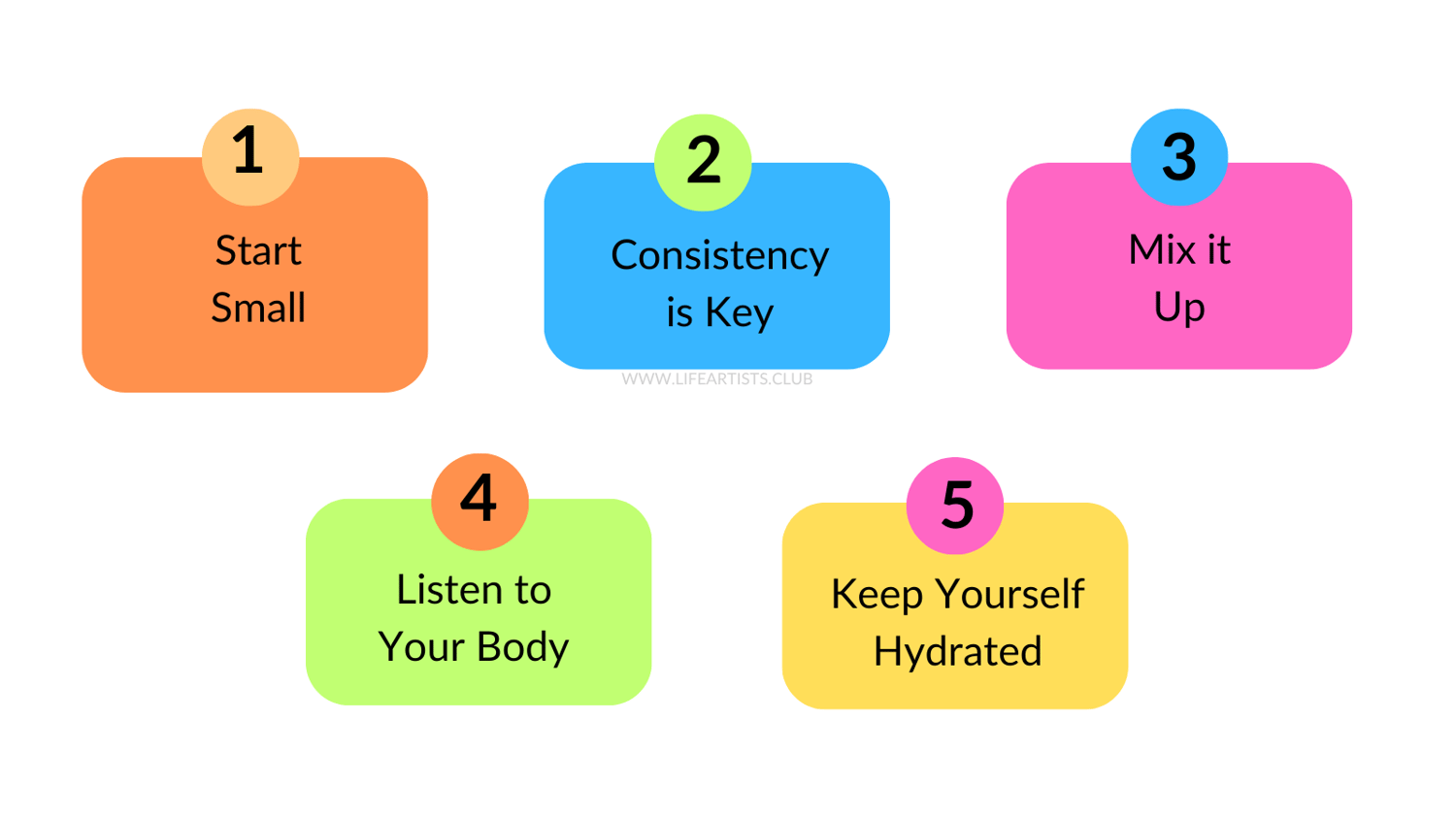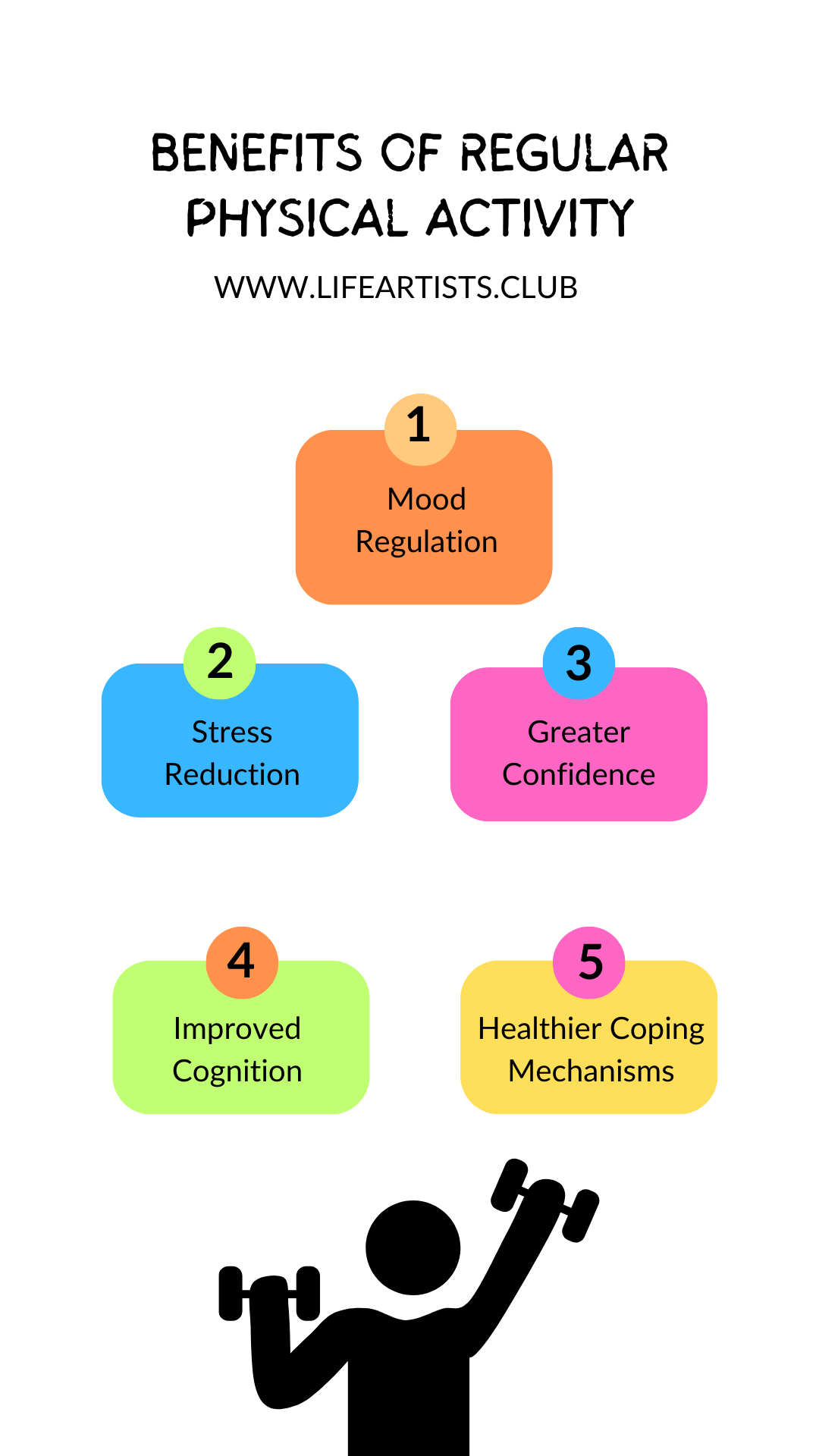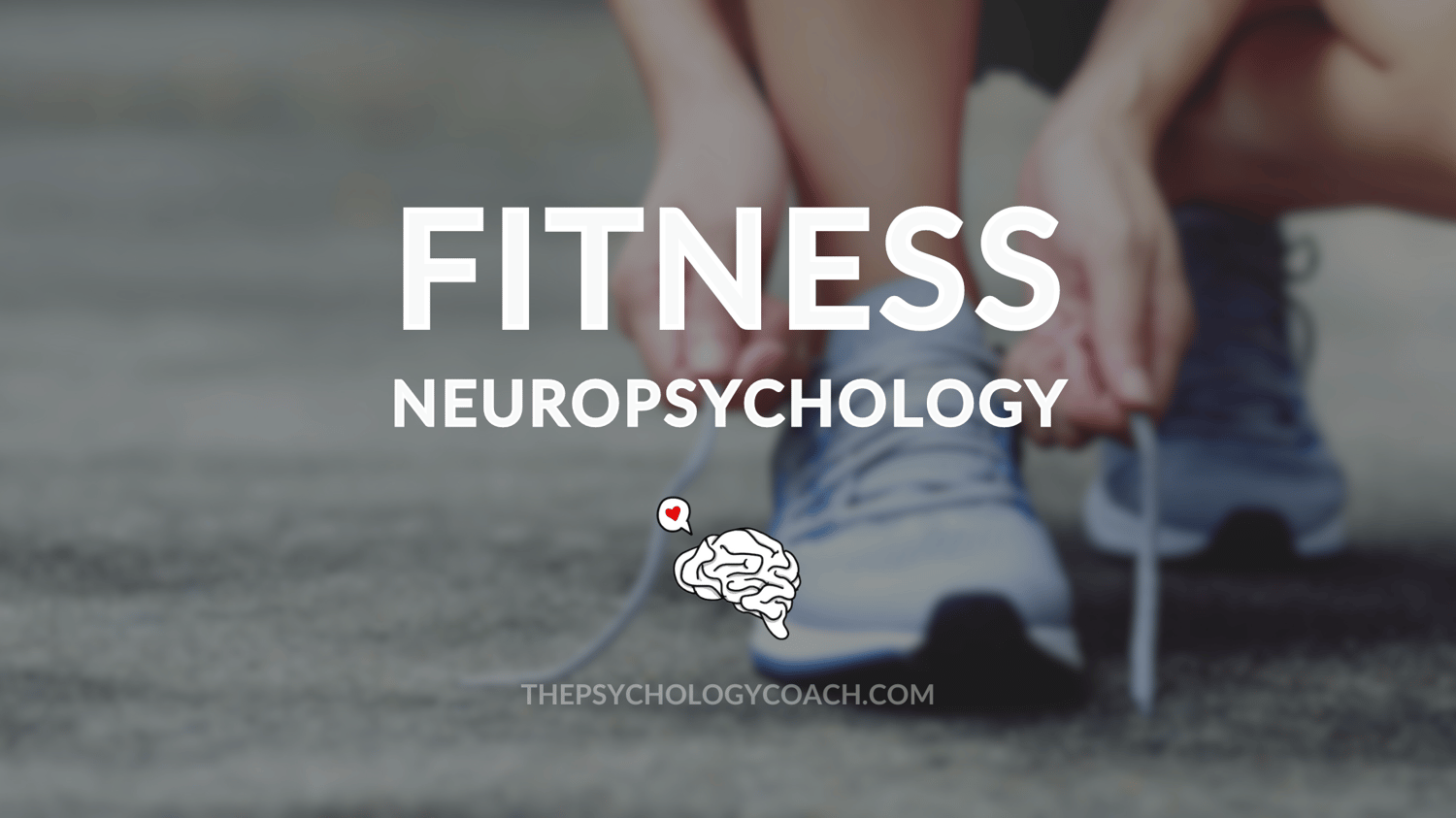Fitness plays a very important role in our health and well-being. It is paramount to make it part of our self-care routine. In this article, I share with you some of the psychology behind exercise and fitness. Why is fitness so important for our mental health and well-being? Let’s find out together.
What happens when we exercise?

When we work out, we produce and release "feeling good" substances in our bodies. These substances are called endorphins. They are responsible for the good feeling we get after a workout, producing what is commonly known as the "runner's high".
Like morphine, endorphins buffer the feeling of pain. This happens because they connect to our neurotransmitters. The same occurs when people take antidepressants: the chemicals in the pills connect to our neurotransmitters, altering the chemical balance in our nervous system.
When this connection is established, there is an overall improvement in how we feel. This is because our stress response and anxiety are reduced, our sleep improves, and our mental attitude and well-being are positively boosted.
Benefits of Endorphins Released During Exercise

The impact of endorphins goes beyond the immediate "feeling good" post-exercise period. When we engage in physical activity regularly, we can witness profound effects on our mental health. Some of these effects include the following:
1. Mood Regulation
Endorphins are natural mood elevators, and they help reduce feelings of sadness or irritability. For this reason, regular exercise has been linked to a decreased risk of developing mood disorders, such as depression and anxiety.
2. Stress Reduction
The release of endorphins through exercise counteracts the effects of stress hormones like cortisol. As such, engaging in physical activity provides a healthy outlet for stress, promoting relaxation and calmness.
3. Greater Confidence
Committing to a regular exercise routine gives us a sense of accomplishment and physical improvement, which in turn boosts our self-esteem and confidence. For this reason, setting and achieving fitness goals can contribute a great deal to a positive self-image and an increased sense of self-worth.
4. Improved Cognition
Endorphins improve our cognitive function by enhancing our memory, concentration, and mental clarity. Regular practice has been associated with a reduced risk of cognitive decline and neurodegenerative diseases.
5. Healthier Coping Mechanisms
The endorphin release during exercise provides a healthy and natural way to cope with emotional distress. Those who engage in regular physical activity often develop healthier coping mechanisms, reducing reliance on unhealthy behaviours (e.g. overeating, smoking).
6. Social Connection
Going to the gym to take a group class or working out with someone can satisfy our need for social connection and interaction. Sharing exercise time with others can promote a sense of belonging and reduce feelings of loneliness.
7. Emotional Resilience
The endorphins released during exercise contribute not only to our emotional regulation but also to our emotional resilience. Overcoming challenges while we exercise can help us feel emotionally more balanced and resilient, especially if we share the moment with someone else.
8. Improved Body Image
Regular exercise can help us build a healthier and stronger connection with our bodies. We not only benefit from the physical transformation that working out provides us, but we also improve how we see and appreciate our bodies.
Next, let's look at some practical tips to help you get started with your fitness journey and start compounding on these effects.
5 Principles to Master Before Kick-starting Your Fitness Journey
Now that we understand the neuropsychology behind exercise and its impact on mental health, let's explore some basic principles that are good to have in mind before you kick-start your fitness journey.

Principle #1: Start Small
Begin with manageable and enjoyable activities. This could be a short walk, a gentle yoga session, or a fun dance workout that you can select on YouTube. As your fitness level improves, you can then gradually increase the intensity of your workouts.
Principle #2: Consistency is Key
Aim for regular, consistent exercise rather than sporadic intense workouts. Find activities you genuinely enjoy so that your exercise routine is sustainable.
Principle #3: Mix It Up
If you add variety to your exercise routine, you can keep things interesting and at the same time work on different muscle groups. You can, for instance, combine cardiovascular exercises with strength training and flexibility exercises. We will be covering types of exercise later on in this course.
Principle #4: Listen to Your Body
Pay attention to how your body responds to exercise. If something doesn't feel right, it's okay to modify or take a break. The goal is to make fitness an enjoyable and fulfilling part of your life - not a punishment or a recurrent nightmare.
Principle #5: Keep Yourself Hydrated
Proper hydration is essential when engaging in physical activity. Water plays a vital role in regulating body temperature, lubricating joints, and transporting nutrients to cells. Carry a water bottle with you and make a habit of drinking water throughout the day to ensure you stay hydrated before, during, and after your workout.
Conclusion

As you can see, there are plenty of bio, psychological and physiological reasons to be and stay active. Being aware and learning about the multiple benefits fitness offers to our mental health and well-being can help us reframe how we perceive, feel and think about fitness and exercise in general.
It is important to cultivate a positive relationship with our bodies and that includes having a regular exercise routine. We need movement to feel and be healthy, not just physically but also mentally and emotionally.
Physical exercise is a wonderful and very complete activity that should be a must on everyone's self-care list. It helps us look after our bodies and minds. Each workout session is an authentic opportunity to savour and be mindful of how much life we can gain from being physically active.




Comments ()